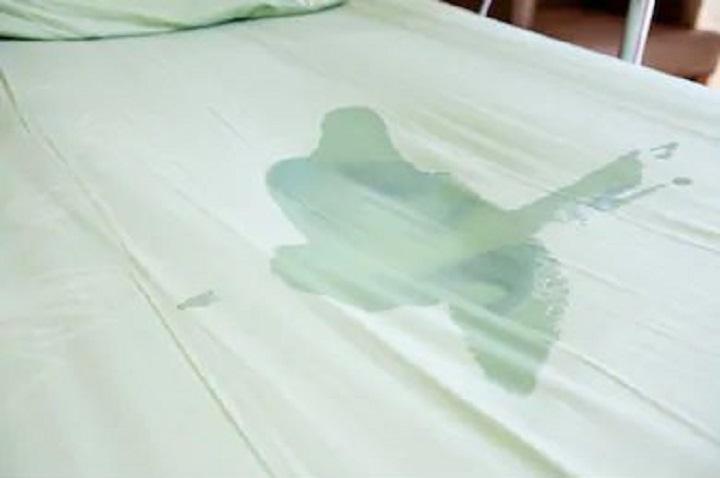About six percent of children between 6 and 12 years old still bedwetting regularly, while their peers no longer do that at all. Why is that? Usually, there are several causes, but the sleeping pattern of children who wipe the bed plays a significant role, according to the University Hospital (UZ) Leuven.
An overactive bladder, high urine output, and a night of deep sleep that prevents the child from waking up when he has to urinate are some of the underlying causes that play a role in bedwetting. But there is more to it.
This is the view of a new study by UZ Leuven that was published on the occasion of the International Day of Bedwetting.
The sleeping pattern of children who urinate on the bed differs from other children. This is evident from a clinical study in which children wore a smartwatch for two weeks while they slept. The watches registered movement as well as the children’s sleep phases.
In addition, all children simply slept in their beds during the examination. “That is much more realistic than, for example, in a hospital sleep lab,” said Guy Bogaert, a pediatric urologist at UZ Leuven and the study’s principal investigator.
“We found that bedwetting children sleep less efficiently than peers who no longer urinate in bed. They also had higher restlessness and a greater variation in the length of the brake sleep, the phase in which we dream,” he explains.
The new insights into abnormal sleep patterns may help treat the urinating on the bed. “In the next step, we want to investigate in which sleep phase bedwetting occurs. It would also be interesting to know if treatments that restore sleep also prevent bedwetting.”
“Conversely, we can use smartwatches to monitor whether current treatments normalize sleep patterns. This may be the case, for example, with the bedwetting alarm, which teaches children to wake up when they have to urinate. ”
